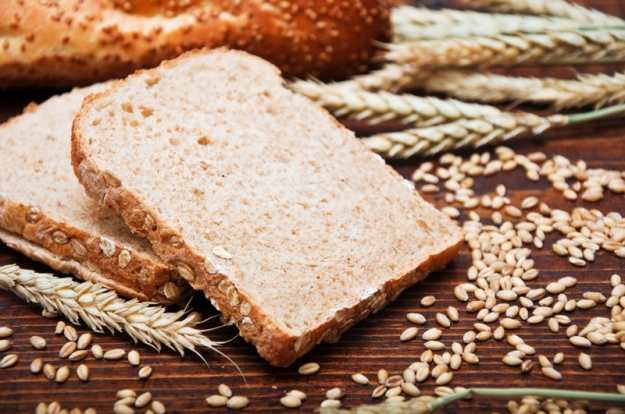Everywhere we turn, another gluten-free product seems to pop up somewhere. Is it just another marketing fad of yesteryear – like fat-free or sugar-free. Or is it really something to avoid?
So what is gluten and why is it suddenly so horrible for us? Basically, gluten is a major protein found in certain grains, but especially in wheat. Gluten is what allows wheat products to stretch – like pizza dough – making them elastic and chewy.
Gluten is also found in barley, rye and spelt, along with other grains in varying degrees. As most of us already know, those are some of the grains used to make bread and pasta.
What you probably don’t know is that gluten is also used in countless other products – deli meats, salad dressings and even toothpaste. It appears as modified food starch on labels and is the ‘G’ in MSG, as in monosodium glutamate. Gluten is a very cheap and easily accessible food additive.
But, if it’s a protein, then how can it be so bad? That’s because not all proteins are created equal. The protein in meat, the protein in rice or even the protein in dairy are all different. These proteins are generally well digested by most people. However, the protein in gluten is not. If that wasn’t bad enough, the protein in gluten can make some people sick – actually, very sick. That’s called celiac disease.
Although many people are sensitive to gluten – most without even realizing it – they experience such a mild reaction, they might not even realize. But those diagnosed with celiac disease experience extreme intestinal issues, mood swings, skin conditions, fatigue and headaches. For children, gluten has been linked to behavioral disorders and problems concentrating.
People have been experiencing some of the minor issues since grains were first domesticated and turned into food, but the situation has drastically changed because of mass production. Being used as fillers and thickeners, our bodies are facing an unnatural gluten overload. This high concentration level is overwhelming our digestive systems.
So, if you feel you may be mildly sensitive to gluten, you may want to try cutting it out of your diet completely. Go cold turkey on gluten. Then slowly add gluten products back into your life to see if you experience any changes. You can test if the sacrifices are worth it.
If you feel that you may have celiac disease, you may want to consult with a medical professional before attempting any drastic changes to your lifestyle or starting a gluten-free diet.
Related Article

Join the Discussion
0 Comments